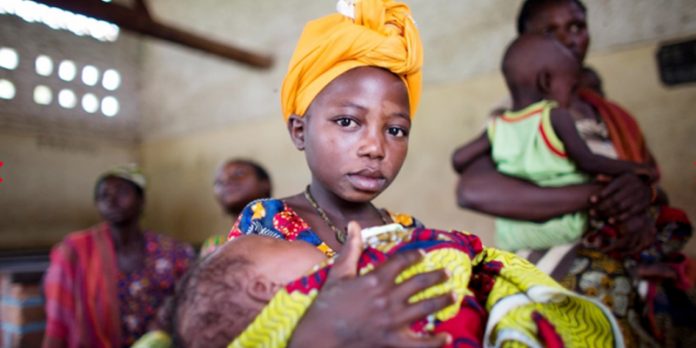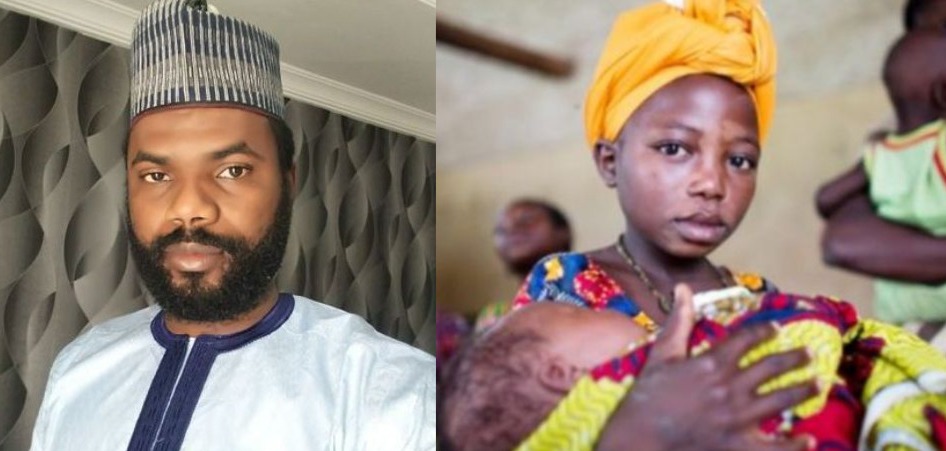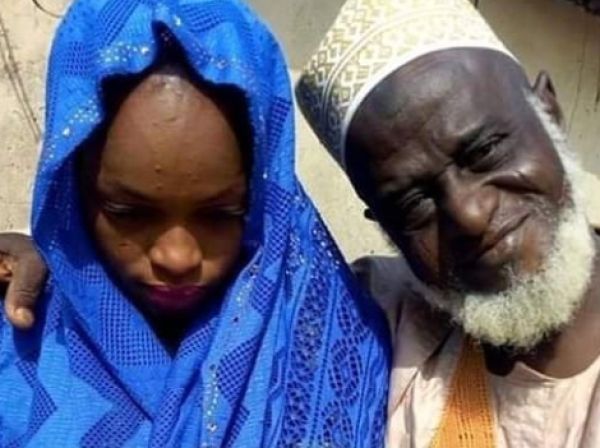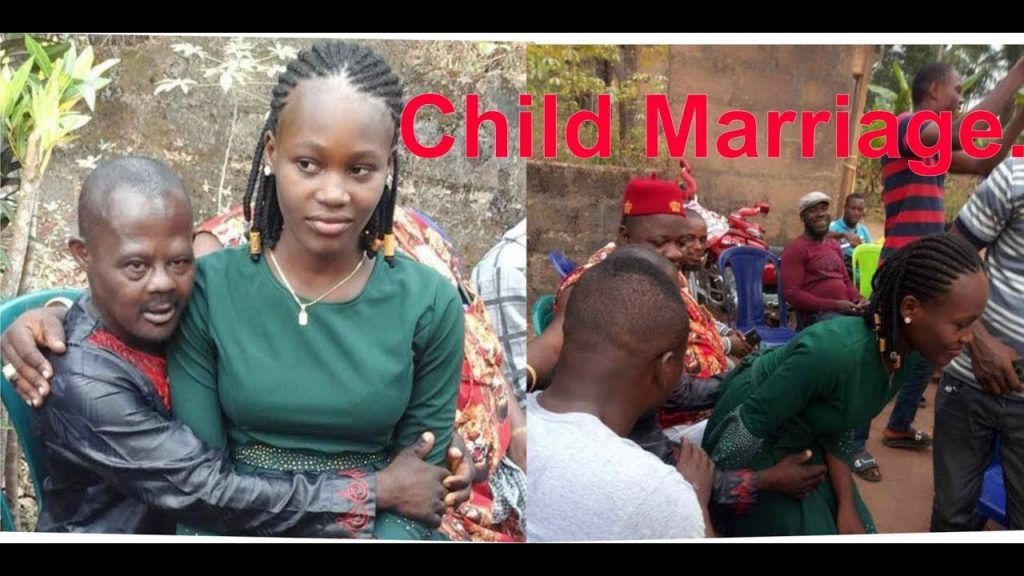BY MARY KUYE
Kano State government has vowed that never again would any girl in the state be allowed to marry without finishing her secondary school.
Dr Danlami Hayyo, the Chairman, Kano State Universal Basic Education Board, on Tuesday said there are plans by the state government to introduce and impose a law that ensures girl child finish secondary school before giving out her hand in marriage.
Hayyo stated this during a dissemination of research findings on the impact of violence in schools on girls’ education in Nigeria organized by the State Universal Basic Education, SUBEB in collaboration with the United Nations Children’s Fund, UNICEF.

The SUBEB Chairman said the law if introduced will help to increase the literacy level among the girl child in the state.
According to him, “It is supposed to have been put in place long ago because normally, most of our children especially girls at the primary or junior secondary school level in some areas in Kano state gets married before they finished the school.
So that is the reason why now the government wants to impose a law that every child most especially the girls most finish senior secondary school before they marry at least to improve or increase the literacy rate in the state.

They go into marriage and have problems because they didn’t go to school. Problems such as this are supposed to curb.
And that is why very soon the government is going to do it best to impose the law that the girl child finish secondary school before marriage.
READ ALSO: Electricity: Nigeria, United States Sign $1.1m Grant For Development
If that is done, it will help produce girl child in all field of work who will take charge where their services are needed.

It will also bridge gaps where women in some cases need service of their women folks but left with no option than to be attended to by their male counterparts,” he said.
Dr Hayyo also said many parents have resort to withdrawing their children from private schools to public schools in the state to benefit from the free and compulsory education put in place by the government.
To this extent, the SUBEB Chairman said the state has approved the counterpart fund of N1.5 million with 800 million already released to benefit from the UBEC interventions.

“With the introduction of free and compulsory education in the state, I was surprised when I was told some people from our neighbouring states coming to Kano State to enrol their children.
In fact, most of the parents now withdraw their children from private schools to public schools to benefit from the intervention.
READ ALSO: Day Aisha Buhari and Patience Jonathan Meet In Aso Rock
And so the number of out of school has reduced. “Presently, the state government have approved to release of N1.5million counterpart funding with N800million already in SUBEB account in order to meet the requirements of the Federal government to construct more classrooms,” Hayyo said.

Presenting the findings from the research, a member of the team, Hajia Hadiza Umar said 60% out of 13.2 million out school children in the country were girls and in Northern Nigeria while attributing the cause to various forms of violence against them while in the school.
Hajia Umar further said corporal punishment, emotional violence records top among some of the violence meted on the girls which puts them off from schools.
The UNICEF Chief Field Officer, Kano Office, Maulid Warfa, however, called for zero tolerance to any form of violence on children either in schools or communities.
READ ALSO: WAEC Reveals Reasons Previous Candidates Fail WASSCE
Warfa represented by the Senior Education Manager, Michael Banda called on the state government to act by putting in place a legal system that prevents any form of violence to children in the school setting or communities.

“The findings today, have been outstanding particularly that it shows that violence in schools is almost a norm, meaning that it is been accepted by the teacher and by the learners.
That corporal punishment and other forms of punishment are a norm and that is the very beginning of our struggle to ensure that norm is no longer a norm.
“For UNICEF, we are going to take measures to ensure that teachers are well-grounded to understand that there are alternative way to discipline a child without resort to corporal punishment or any other form of physical or psychological punishment to children.
“For UNICEF, we take a stand that there should be zero tolerance to any form of violence to children be it in schools or communities,” Warfa however stated.

